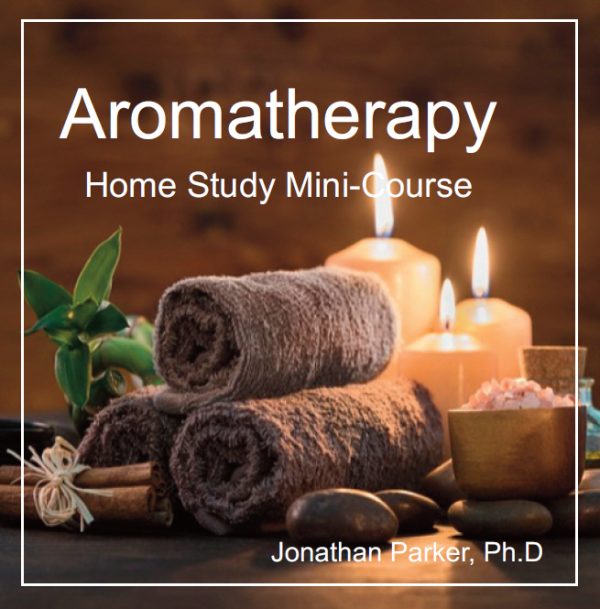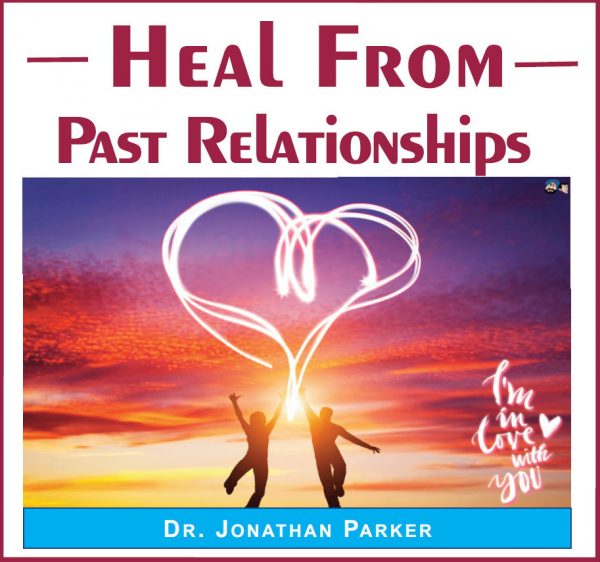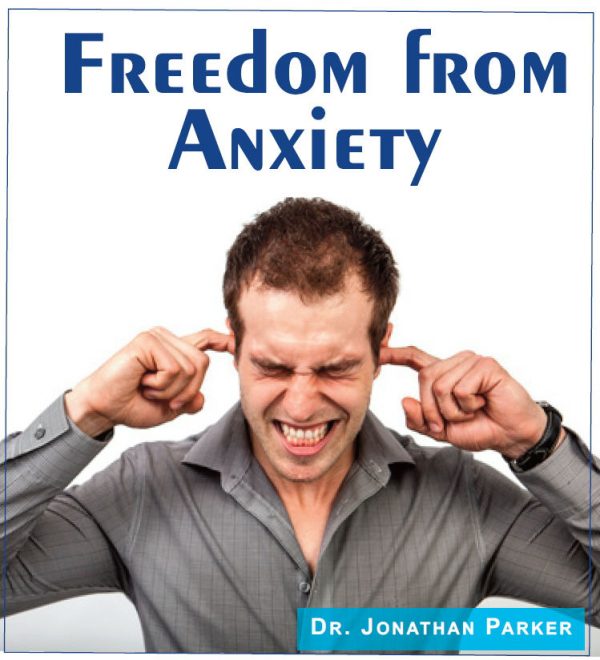Are Essential Oils Harmful? What Science Says

Before diving in, please note: This post is for informational purposes only. If you’d like to know more about how we approach topics, feel free to check out our friendly Disclaimer Page.
Hey there, amazing readers! 
We’re committed to delivering quality posts, and your support (even just sticking around despite the ads) means everything to us. So, bear with us, and thanks for helping us keep the good vibes rolling. Now, on to the fun stuff!
TRANSLATE BUTTON AT THE END OF THE ARTICLE
A Quick Overview
Essential oils have captured our attention for their alluring scents and potential health benefits, but are they truly safe? With a myriad of opinions swirling around, discerning fact from fiction can be a challenge. This article dives deep into the world of essential oils, exploring their uses, safety, and the science that backs up these fragrant liquids. Let’s peel back the layers on whether these aromatic wonders are harmful or just misunderstood.
Unpacking Essential Oils: What Are They Exactly?
So, what exactly are essential oils? At their core, these oils are concentrated extracts obtained from various parts of plants, including flowers, leaves, bark, and roots. They capture the plant’s scent and flavor, also known as its "essence."
Here’s how it works: the extraction process typically involves methods like steam distillation or cold pressing. Through these techniques, the volatile compounds that give each oil its unique aroma and therapeutic properties are preserved.
- Steam Distillation: This method involves steaming plant material and then cooling the steam to collect the distilled oil.
- Cold Pressing: Often used for citrus oils, this technique extracts oils directly from the peel without heat.
Essential oils have been around for centuries, used in traditional medicine and rituals. They offer a plethora of compounds, each bringing a distinctive aroma and potential benefits.
The beauty of essential oils lies not just in their scent but also in their versatility. From boosting mood to aiding digestion, they have a wide array of applications. However, the question of safety looms large, especially as we dive deeper into their properties.
The Allure of Aromatherapy: Why We Love Essential Oils
Let’s face it, who doesn’t love a good whiff of something pleasant? The scent of lavender wafting through the air can instantly melt away stress, while the zesty aroma of lemon can brighten a gloomy day. Aromatherapy taps into this love for fragrance, utilizing essential oils to promote physical and emotional well-being.
Here are a few reasons why essential oils are so appealing:
- Stress Relief: Oils like lavender and chamomile are known to help reduce anxiety and promote relaxation.
- Mood Enhancement: Citrus oils, such as orange and grapefruit, are uplifting and can improve mood.
- Natural Alternatives: With the rise of holistic health, many people are seeking natural remedies over pharmaceuticals.
- Aromatherapy Rituals: Incorporating essential oils into daily routines, like diffusing them while working, can create a calming atmosphere.
While the benefits of essential oils are enticing, we must also remain mindful of their potential risks. This brings us to the dual nature of these aromatic wonders.
Essential Oils: Nature’s Gifts or Hidden Hazards?
Essential oils might seem like nature’s magic potions, but they come with a caveat. Just because something is natural doesn’t mean it’s safe for everyone. In fact, the very potency that makes essential oils desirable can also make them dangerous.
- Concentration: Essential oils are highly concentrated. A tiny drop can hold the power of dozens of plant materials.
- Not All Oils are Equal: Quality varies widely. Some oils are diluted or adulterated, leading to unpredictable reactions.
- Individual Responses: Different people can react differently to the same oil. What soothes one person might irritate another.
- Misuse: Applying oils directly to the skin or ingesting them without guidance can lead to adverse effects.
Essential oils hold incredible benefits, but we must approach them with caution. Understanding the risks is key to enjoying their advantages safely.
Common Essential Oils and Their Popular Uses Explained
Let’s break down some of the most popular essential oils and what they’re typically used for. Each oil has its own unique profile and set of benefits.
- Lavender: Renowned for its calming effects, lavender can help with sleep and reduce anxiety.
- Peppermint: Often used to relieve headaches and digestive issues, it’s also refreshing and invigorating.
- Tea Tree: This oil is known for its antimicrobial properties and is commonly used in skincare.
- Eucalyptus: Great for respiratory issues, eucalyptus oil is often used in steam inhalation.
- Lemon: This cheerful oil is uplifting, promotes detoxification, and has antibacterial properties.
Each oil serves a purpose, and understanding their uses can guide us in making informed decisions about incorporating them into our lives.
The Science Behind Essential Oils: What Research Shows
What does science say about essential oils? The research is a mixed bag. While some studies highlight their therapeutic benefits, others raise concerns about safety and efficacy.
- Aromatherapy Studies: Research has shown that certain oils can reduce anxiety and improve sleep quality.
- Antibacterial Properties: Many essential oils, including tea tree and oregano, display antimicrobial activity.
- Limited Regulation: Essential oils lack the rigorous regulation of pharmaceuticals, leading to quality concerns.
- Inhalation Risks: Some studies suggest that inhaling certain oils can lead to respiratory issues, especially in sensitive individuals.
While the potential benefits of essential oils are enticing, we must approach them with a critical eye. Just because something smells good doesn’t always mean it’s good for us.
Are Essential Oils Safe? Examining the Evidence
So, are essential oils safe to use? The answer isn’t cut and dried. Generally speaking, when used properly, many essential oils are safe for most adults. However, safety varies based on several factors:
- Quality of Oil: Always opt for high-quality oils that are pure and free from additives.
- Method of Use: Diffusion is generally safe, while topical application requires dilution. Ingesting oils should only be done under medical supervision.
- Individual Health: Pregnant women, children, and individuals with certain health conditions should exercise caution.
The bottom line? Essential oils can be safe, but it’s crucial to educate ourselves and follow best practices to avoid potential harm.
Potential Risks: When Essential Oils Can Be Harmful
While many people enjoy essential oils without issue, there are certain risks to be aware of. Here are some situations where essential oils can be harmful:
- Skin Reactions: Some people may experience irritation, rashes, or allergic reactions when applying oils to the skin.
- Toxicity: Ingesting oils can be toxic, especially in large quantities or if the oil is not intended for consumption.
- Respiratory Issues: Individuals with asthma or other respiratory conditions may have exacerbated symptoms when inhaling certain oils.
- Interactions with Medications: Essential oils can interact with medications, either enhancing or diminishing their effects.
Understanding these risks helps us navigate the world of essential oils more safely.
How to Use Essential Oils Safely and Effectively
Ready to dive into the world of essential oils? Here are some practical tips for using them safely:
- Start Small: If you’re new to essential oils, start with one or two and familiarize yourself with how they affect you.
- Dilution is Key: Always dilute essential oils with a carrier oil when applying topically. A general rule is to use one drop of oil per teaspoon of carrier oil.
- Patch Test: Perform a patch test before using a new oil on your skin. Apply a small amount and wait 24 hours to see if any irritation occurs.
- Use a Diffuser: Diffusing oils can provide benefits without the risks associated with topical application.
- Consult Professionals: If you’re unsure, consult a qualified aromatherapist or healthcare provider for guidance.
By following these tips, we can enjoy the benefits of essential oils while minimizing the risks.
The Role of Dilution in Essential Oil Safety Practices
Dilution is a vital practice in the safe use of essential oils. Here’s why it matters:
- Prevents Irritation: Pure essential oils can be potent and may cause skin irritation if applied directly.
- Enhances Absorption: Diluting oils can help with better absorption into the skin.
- Reduces Toxicity: It minimizes the risk of toxic reactions, especially with oils that are known to be caustic.
When in doubt, dilute! A simple mix of carrier oil, like jojoba or coconut oil, can go a long way in ensuring your safety.
Allergies and Sensitivities: A Cautionary Note
Allergic reactions to essential oils can happen, and it’s important to be aware of them. Here are some things to consider:
- Common Allergens: Some oils, like eucalyptus and peppermint, can cause allergic reactions in sensitive individuals.
- Signs of Allergies: Look out for rashes, itching, or respiratory issues when using new oils.
- Consultation Recommended: If you have known allergies, consult your healthcare provider before using essential oils.
Being cautious about allergies can save a lot of discomfort down the road.
Essential Oils and Pets: What You Need to Know
As much as we love our furry friends, we must be cautious with essential oils around pets. Many oils are toxic to animals. Here are some tips for keeping your pets safe:
- Avoid Certain Oils: Oils such as tea tree, eucalyptus, and citrus can be harmful to pets.
- Ventilation is Key: If you use essential oils in your home, ensure proper ventilation to minimize inhalation risks for pets.
- Consult a Vet: If you’re unsure about using essential oils around your pets, consult a veterinarian for advice.
Keeping our pets safe is as important as enjoying the benefits of essential oils ourselves.
Finding Balance: Enjoying Essential Oils Responsibly
Finding that sweet spot with essential oils is crucial. Here are some final thoughts on enjoying these fragrant delights responsibly:
- Educate Yourself: Knowledge is power. The more you know about essential oils, the better choices you can make.
- Listen to Your Body: Pay attention to how your body reacts to different oils. Everyone is unique!
- Moderation is Key: Like anything else, moderation is crucial. Enjoy essential oils, but don’t overdo it.
In conclusion, essential oils can be both beneficial and potentially harmful — the key lies in responsible use. With the right guidelines and a dash of caution, we can enjoy the aromatic world of essential oils without compromising our well-being.
Conclusion
Essential oils are fascinating little bottles of plant magic, offering a range of benefits and risks. As with many things in life, balance is vital. Embrace the beauty of these oils while being mindful of their powerful nature. Each whiff has the potential to uplift our spirits, but let’s approach them with respect. Here’s to exploring the aromatic possibilities, one drop at a time!

The Enlightenment Journey is a remarkable collection of writings authored by a distinguished group of experts in the fields of spirituality, new age, and esoteric knowledge.
This anthology features a diverse assembly of well-experienced authors who bring their profound insights and credible perspectives to the forefront.
Each contributor possesses a wealth of knowledge and wisdom, making them authorities in their respective domains.
Together, they offer readers a transformative journey into the realms of spiritual growth, self-discovery, and esoteric enlightenment.
The Enlightenment Journey is a testament to the collective expertise of these luminaries, providing readers with a rich tapestry of ideas and information to illuminate their spiritual path.
Our Diverse Expertise
While our primary focus is on spirituality and esotericism, we are equally passionate about exploring a wide range of other topics and niches 

To ensure we provide the most accurate and valuable insights, we collaborate with trusted experts in their respective domains 
Our blog originally focused on spirituality and metaphysics, but we’ve since expanded to cover a wide range of niches. Don’t worry—we continue to publish a lot of articles on spirituality! Frequently visit our blog to explore our diverse content and stay tuned for more insightful reads.
Beginner's Guide to Essential Oils
Dive into the world of essential oils with this easy-to-follow guide! Perfect for anyone starting their journey, this e-book reveals how to use essential oils safely and effectively to enhance your well-being.
Inside, you'll learn:
- The top essential oils for relaxation, focus, and energy.
- Simple DIY recipes for blends, diffusers, and skincare.
- Tips on choosing high-quality oils and proper usage.
Discover the natural way to elevate your mind, body, and home.
Start your essential oil journey today!




































































